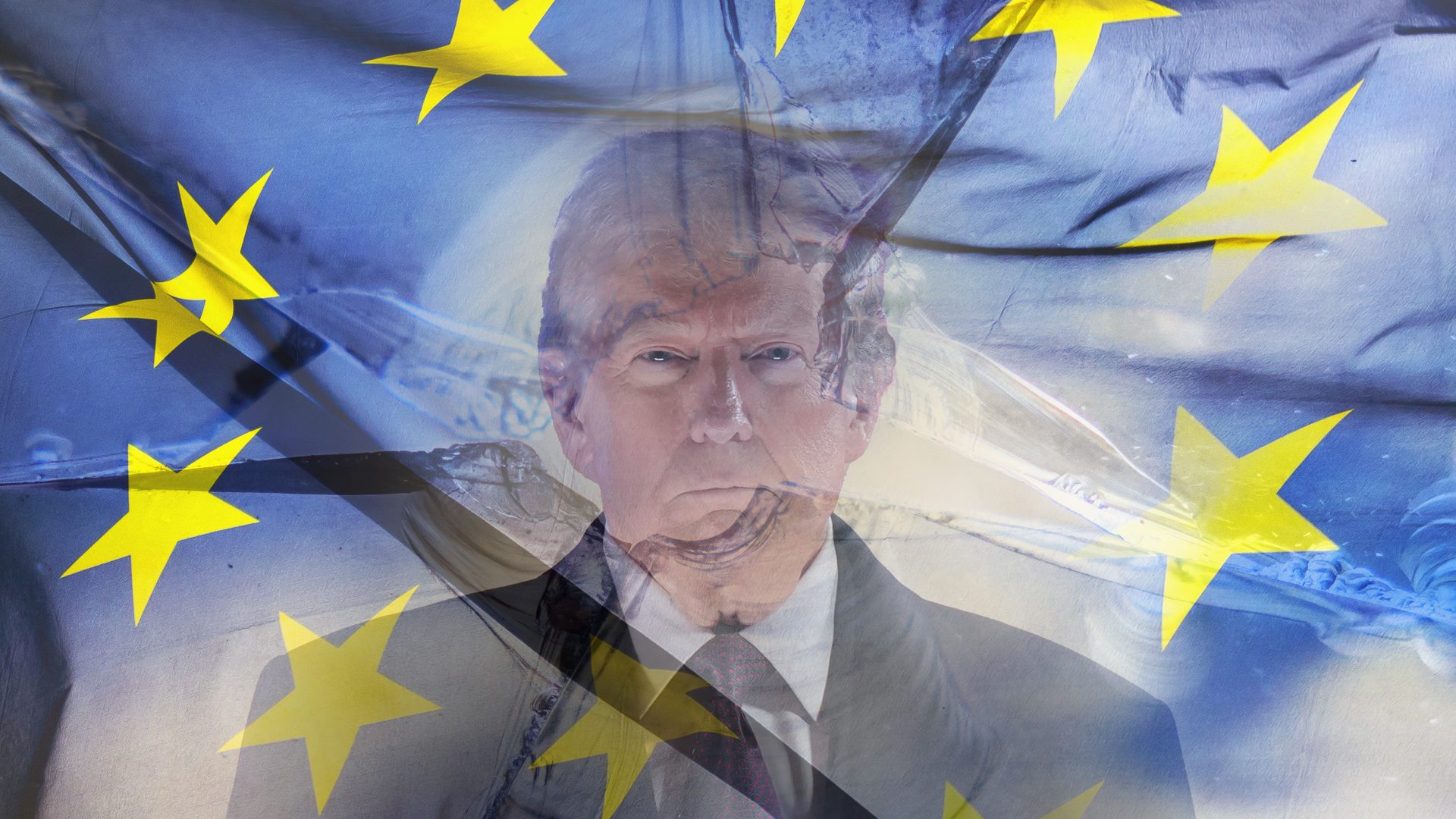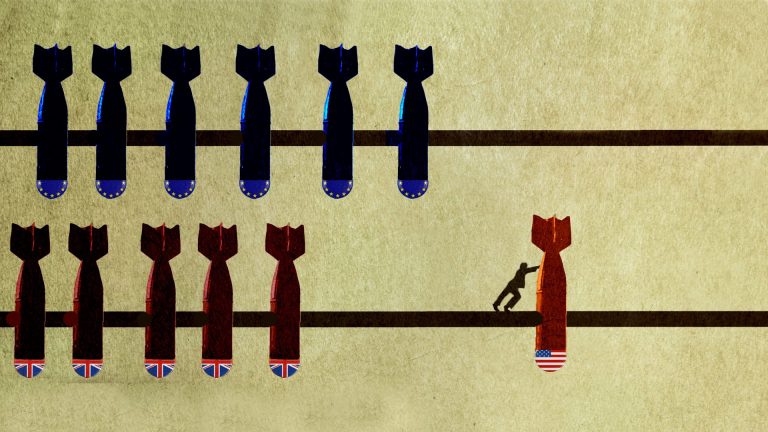Donald Trump is changing European politics – whether Europeans like it or not. His return to power has not only focused the minds of European leaders, as they scramble to keep America on-side on regional security and transatlantic trade. It has also radically changed European public opinion across three broad areas.
First is the turbocharged momentum that Trump has injected into the far right movement in Europe, and the MAGA-style policies that many parties are seeking to introduce in their countries. At a far-right rally in Madrid earlier this month, Hungarian PM, Viktor Orban, was overjoyed.
“The Trump tornado has changed the world in just a few weeks”, he told the crowd. “Yesterday we were heretics; today we’re mainstream”.
The interventions of Elon Musk and JD Vance in support of extreme parties, especially Germany’s AfD, have legitimised once-fringe beliefs and instilled a feeling that these parties can surpass their previous high water marks in coming elections. Even if they fail to make it into government, it may be that they will pull the political centre further to the right.
Second, partly thanks to Trump’s self-declared peacemaker abilities, European minds have shifted on the conflict in Ukraine. A compromise settlement – rather than an outright Russian or Ukrainian victory – is currently seen as the most likely outcome of the war, according to ECFR’s public opinion polling, which was conducted directly after the US presidential election. This position is likely to get even more pronounced, now, given escalating conversation between the US and Russia.
And, last, Trump’s transactional – and, in many cases unilateral – nature is leading European citizens to accept a more pragmatic approach to their relationship with the US. Europeans have less illusions about America. The prevailing view in every European country polled is that Washington is now chiefly regarded as the EU’s “necessary partner” rather than an “ally”.
This is even true in traditional Atlanticist strongholds – like Poland and Denmark – that one-and-a half years earlier saw the US primarily as an ally. It is a remarkable shift, which points to a potentially irreparable fracturing of the Western Alliance. And this could deepen depending on Trump’s further approach towards Europe and the terms of any peace settlement for Ukraine negotiated by the new president.
There are, however, some limits on how far the “Trumpisation” of Europe may run.
On Ukraine, for example, the now-widespread view that we are headed for negotiated settlement does not necessarily mean Europeans will blindly support any deal. Particularly in Estonia, the UK, Poland, Denmark, and Portugal, there are many who would prefer Europe to support Ukraine in continuing its fight rather than push Kyiv to negotiate with Moscow.
If Trump contributes to peace in Ukraine, many in Europe will certainly feel relieved – and will look at the US president with appreciation. But the way the new American administration has approached those negotiations thus far – in marginalising Europe’s and even Ukraine’s role, and showing readiness for major concessions towards Russia – might also further divide and antagonise Europeans.









